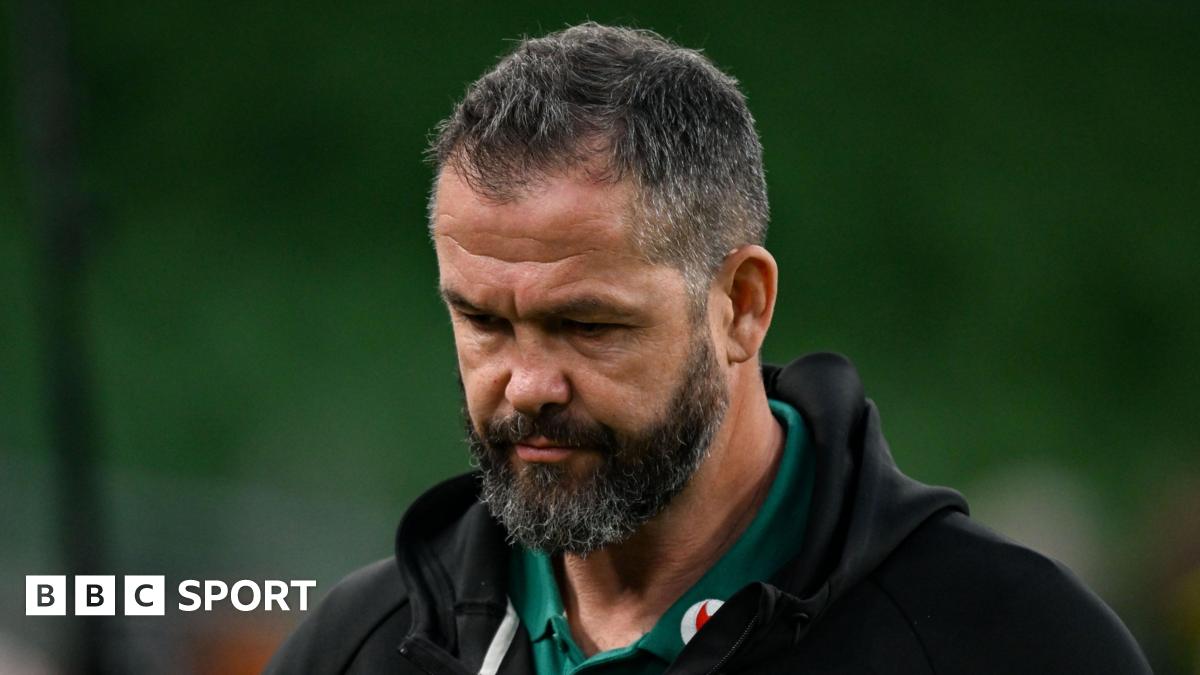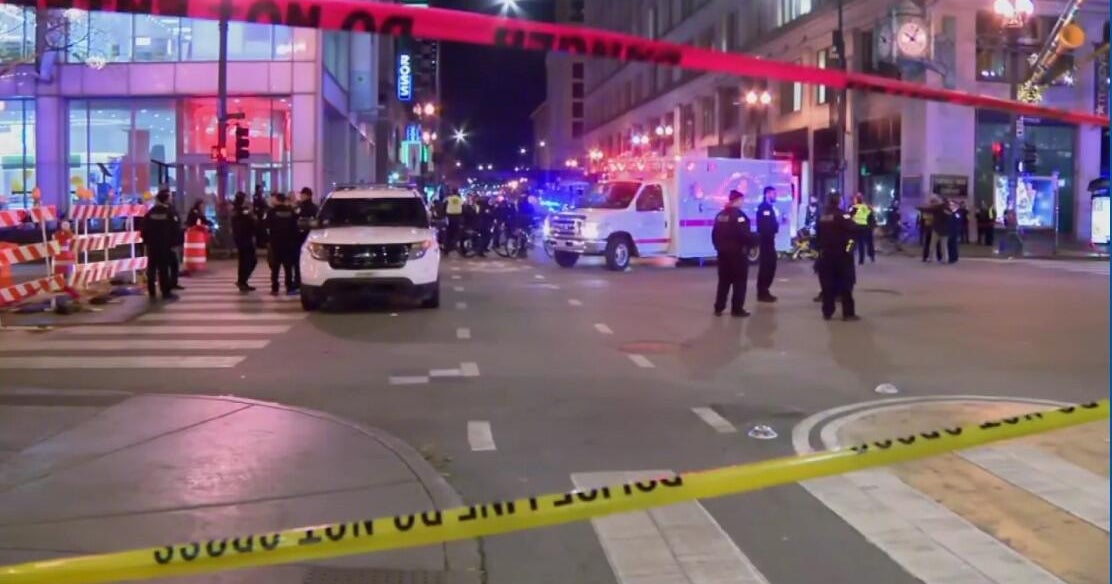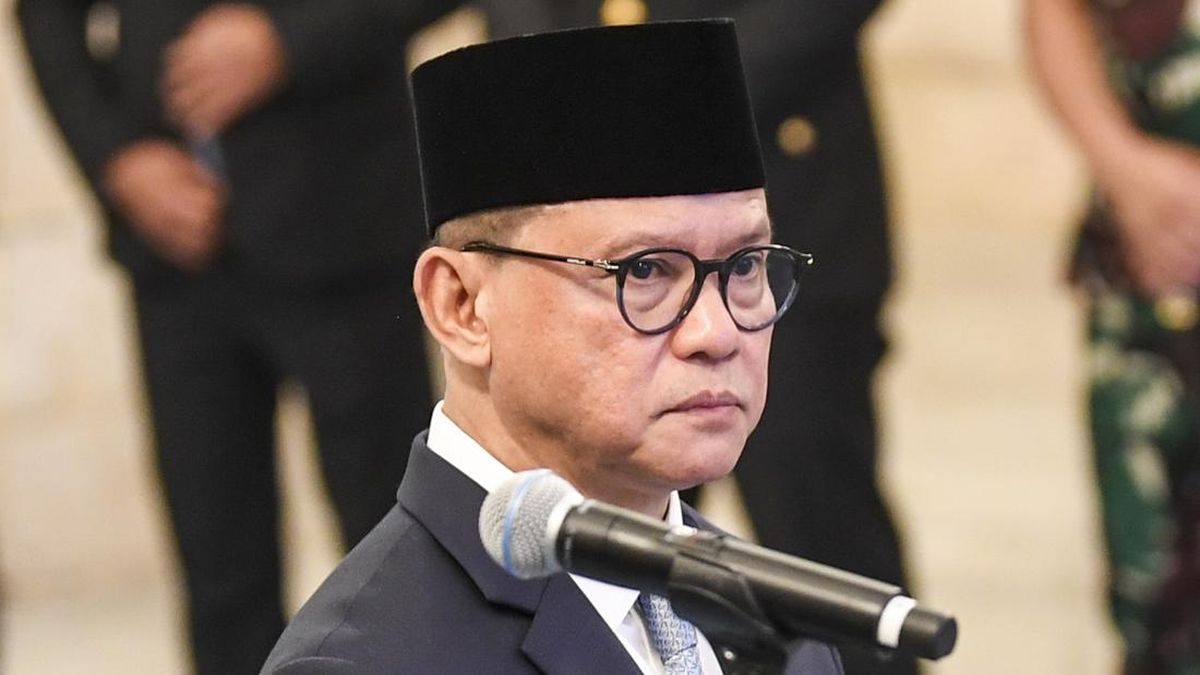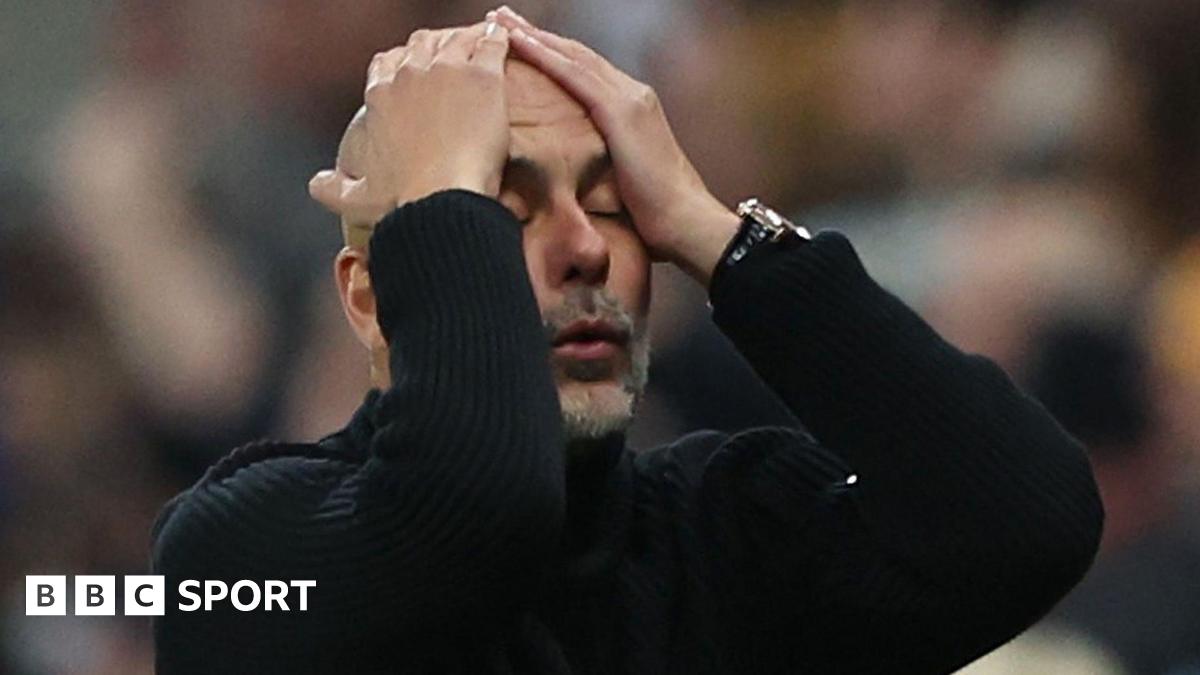Australian motorists should be charged based on how far they drive and their type of car, according to transport experts who warn that the growth in electric vehicles will erode the $17 billion raised through fuel excise every year.
Australian motorists pay 51¢ excise for every litre of petrol or diesel when they fill up at the bowser, which is expected to raise $17.7 billion for the federal government this financial year to fund road maintenance.

New York’s new congestion charge is raising money to fix the city’s subway, buses and rail network. Credit: Bloomberg
But electric vehicle owners have so far escaped any equivalent tax for their driving, prompting concerns the uptake of low- and zero-emissions vehicles will undermine the ability to maintain the road network.
Victoria implemented a short-lived road-user charge in 2021, which saw EV drivers pay around 2¢ every kilometre they drove on the state’s roads. But that was quashed by a High Court decision in October 2023 which ruled the charge was an excise which only the Commonwealth can impose.
The Australian Financial Review reported in February that Treasurer Jim Chalmers told a closed-door dinner with business leaders that establishing a road user charge for EVs was a tax reform priority but he has said little publicly about implementing any such scheme.
EVs made up 11 per cent of new light vehicle sales in the first quarter of this year – 6.3 per cent battery electric (BEV) and 4.8 per cent plug-in hybrid (PHEV).
Helen Rowe, transport lead at Monash University’s ClimateWorks centre, said the federal government’s Economic Reform Roundtable on August 19 was the perfect springboard to put road user charging on the national agenda.
However, Rowe said the discussion should go beyond a simple one-for-one replacement of fuel excise, with a road user charge having the potential to boost productivity by tackling congestion and carbon emissions, and generating funds for public transport investment.
“We’ve seen cities manage congestion, manage emissions, build productivity and help reduce pressure to build more infrastructure – these things are potential benefits of road pricing,” she said.
Rowe pointed to London as an example where motorists pay a congestion charge to drive into the central city, and an additional charge if their vehicles do not meet strict emissions standards, with funds raised going back into sustainable transport projects.
Loading
New York’s new road congestion charge in parts of Manhattan is being used to fund $US15 billion ($23 billion) in improvements to passenger rail and bus services, and has also reduced traffic jams, with average vehicle travel speeds increasing 15 per cent since it was introduced in January.
Rowe said road user charges should be aligned with climate goals by charging more to drive large and hig-emitting vehicles – something that was already a feature of fuel excise.
“A starting point for any foray into road pricing, is to start looking around at what some of the successes have been and what some of the benefits are that you can get out of designing it well,” she said.
One of the five reports published by the Productivity Commission this week in the lead-up to the roundtable suggests any future road charging scheme could include an additional charge for every unit of carbon dioxide their vehicle emits, as a way to encourage a more sustainable transport sector.
Peter Harris, a former chair of the Productivity Commission, said the Commonwealth needed to announce a road charging plan soon before the portion of EV drivers on the roads grows any larger and it became too politically difficult to implement.
Loading
“You’ve got to announce it now so that everybody buying an electric vehicle or hybrid vehicle knows some time in the future, they’ll be paying a road user charge. That’s the important thing – that people aren’t blindsided by this,” he said.
“If the users of roads don’t pay, then the general taxpayer will pay or there’ll be a decline in the amount of money put into maintaining roads.”
Harris said Australia’s new fuel efficiency standards and the “astonishing” rise of the Chinese EV sector meant fuel excise revenue would start to decline within the next six years.
Harris proposed building acceptance for road charging by establishing a dedicated fund that would receive revenue from the charging regime and spend it only on road maintenance.
Fuel excise goes into consolidated revenue, and groups such as the Australian Automobile Association have criticised the fact that the full amount raised is not ultimately spent on road maintenance.
NSW has passed legislation for a road user charge to come into effect by July 2027, or earlier if EVs reach 30 per cent of new vehicle sales in the state, but is reviewing that scheme in light of the High Court’s decision on Victoria’s EV charge.
Federal Treasurer Jim Charmers’ office was contacted for comment.
Most Viewed in National
Loading


















































